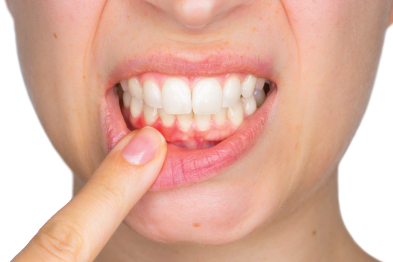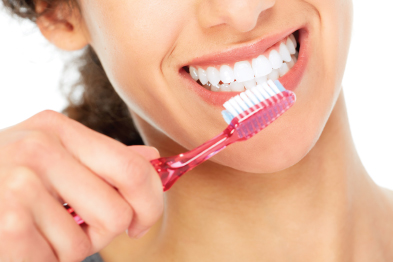How Oral Health Impacts Overall Health
How Oral Health Impacts Overall Health
Oral health plays a crucial role in overall health and well-being. There are several ways in which oral health can impact one’s overall health:
Systemic diseases: Poor oral hygiene and untreated oral problems can contribute to various systemic diseases. For example, gum disease has been linked to conditions such as heart disease, stroke, diabetes, and respiratory infections. Bacteria from the mouth can enter the bloodstream and spread to other parts of the body, leading to inflammation and increasing the risk of developing these systemic diseases.
Endocarditis: Endocarditis is an infection of the inner lining of the heart. It can occur when bacteria or other germs from the mouth travel through the bloodstream and attach to certain areas in the heart. Good oral hygiene helps reduce the risk of such infections.
Pregnancy complications: Poor oral health during pregnancy has been associated with an increased risk of premature birth, low birth weight, and developmental issues in babies. Hormonal changes during pregnancy can affect the gums, making them more susceptible to bacteria and increasing the risk of gum disease.
Respiratory infections: Bacteria from oral infections can be inhaled into the lungs, leading to respiratory infections such as pneumonia. Maintaining good oral hygiene can help reduce the risk of these infections.
Nutritional impact: Poor oral health can affect one’s ability to chew and digest food properly, leading to nutritional deficiencies. Missing or damaged teeth can also affect food choices, leading to a limited diet that lacks essential nutrients.
It is important to prioritize oral health by practicing good oral hygiene, such as regular brushing and flossing, and visiting the dentist regularly for check-ups and professional cleanings. By maintaining good oral health, one can reduce the risk of oral health-related complications and potentially improve overall health and well-being.
Please note that this information is for informational purposes only and is not a substitute for professional medical advice. It is always recommended to consult with a healthcare professional or dentist for personalized guidance and treatment.



